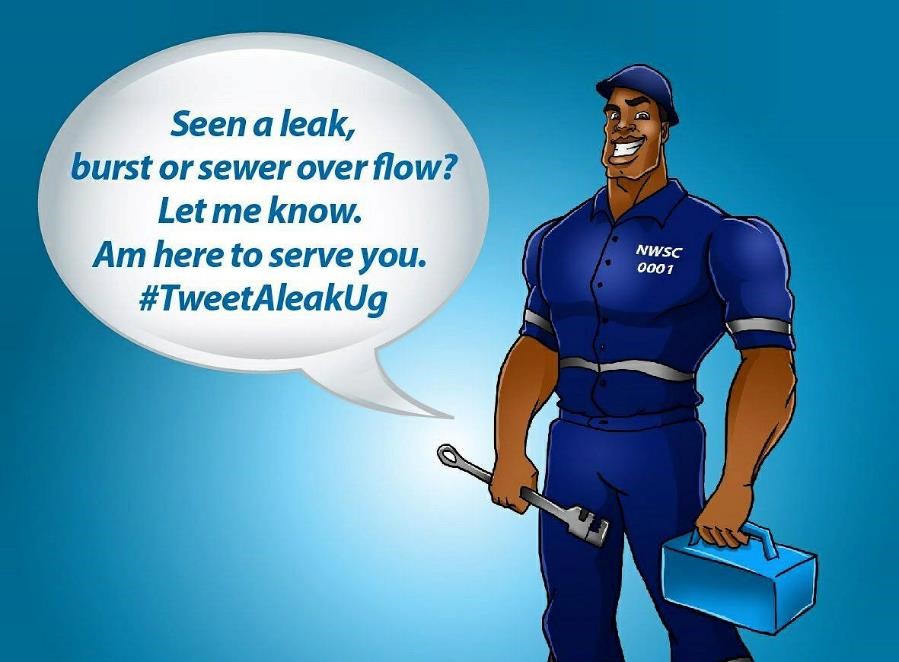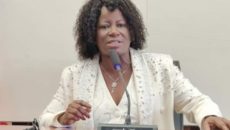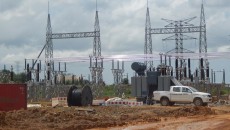KAMPALA, Uganda – Liberians have a love-hate relationship with their electricity provider, the Liberia Electricity Corporation. They are in dire need of the service but are often frustrated with its poor reliability and the scarcity of information about the utility’s operations.
Could Liberians and LEC benefit from the lessons exhibited in success stories across the continent?
In Uganda, the National Water and Sewerage Corporation is one of the few exceptional institutions that has maintained consistency in carrying out convenient water distribution services.
In addition, it has managed to maintain great communication with the public on all its activities, whether they are new water installations, distribution works, and re-installation of water lines.
NWSC even opens its pump and treatment facilities to the public, so that they’re educated on the various processes involved in cleaning and distributing their water.
As essential as water is in the day-to-day activities, ensuring that customers are always supplied requires efficient and effective management; but it is just as important to maintain awareness to the public of any new developments, especially when access is affected.
NWSC uses all media channels, including television, radio, and social media – WhatsApp, Facebook, Twitter, and text messages.

Uganda’s National Water and Sewerage Corporation tweets out information about its sewage treatment plant that’s under construction.
The use of social media has resulted in the formation of online groups – most commonly WhatsApp – for households under the jurisdiction of NWSC’s nearest branch. Members of those groups then have full access to the company’s daily activities.
Customers can pledge complaints, receive instant and reliable feedback to any inquiry, get announcements in case of outages, with details elaborating on the reasons and expected duration.
Indeed, customer care does seem to be a priority for NWSC.
The quality service that NWSC provides has dividends because users are more likely to share with their service provider any information that can help NWSC improve service.
For example, similarly to how the Liberia Electricity Corporation has been campaigning against power thefts, NWSC also encourages customers to report on individuals acquiring water through illicit means or even just if they identify waste.
NWSC’s effective use of social media to foster better communication with its customers has also played an effective role in curbing corruption because customers have little incentive to bribe NWSC workers to gain favor.
Every NWSC employee is monitored and held accountable, and users are constantly reminded to report any signs of unprofessional conduct.
Even for people who opt for a more direct contact, either on the phone or in person, there is no real added benefit. There is no selective provision of services as all complaints and inquiries tend to receive immediate attention.
With Uganda’s population at a constant growth, demand for water is increasingly prompting additional installation of water stations to increase capacity in as many households. Maintaining a steady supply of information and support to customers has been key for NWSC to keep serving its users.
If LEC wants to improve customer satisfaction, employing such methods will not only benefit its customers, but it could even help the utility as it fights power theft.
Featured photo courtesy of Uganda’s National Water and Sewerage Corporation





